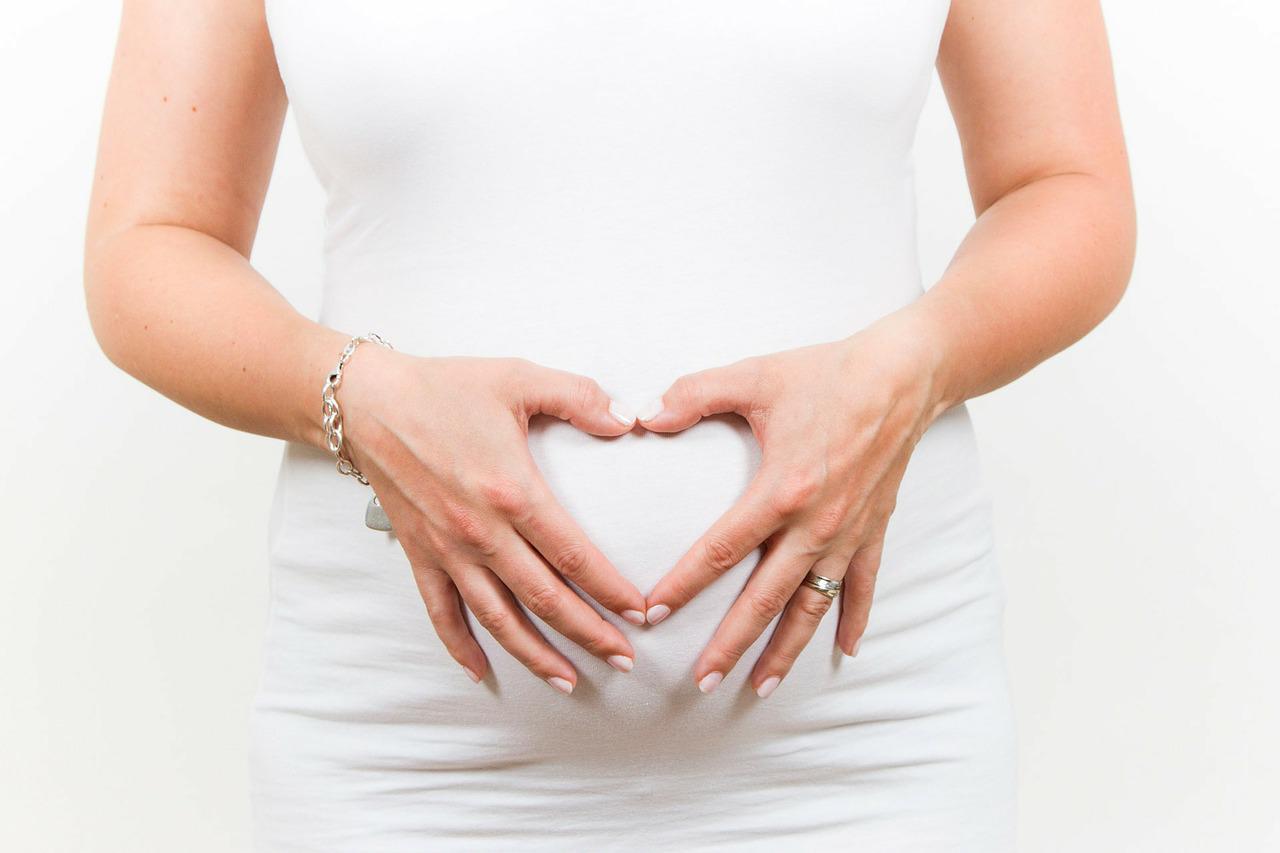I was amazed after reading the news about “Womb Transplant For A Transgender Woman To Carry A Baby” a few days ago, in the Mirror. This doctor named Dr. Kaushik who is based in India was optimistic about his plan to transplant a donated uterus from another woman or a dead person to a transgender woman so that she can also become a mother as a normal woman does. What amazed me most is this surgeon is confident that he can conduct the surgery with a positive mindset to help a transgender woman to carry a baby. If this is successful, it will become a dream come true for all transgender women to live their life as normal women – including becoming a mother.
Since transgender women can’t get conceived naturally as they do not have ovaries and fallopian tubes, being able to get pregnant with IVF with a donated uterus is possible theoretically, according to the experts. So far, only one documented uterus transplant case has been reported to a transgender woman, a Danish artist Lili Elbe, had her uterus transplant in 1931 but she died after a few months due to complications after post surgical infection. Womb transplant is rare even from women to women but there were successful cases reported for cis-gender women and resulted in live births.
Let’s see what are the risk of womb transplant and what are other experts say about this approach.

Womb transplant – What are the risks?
A womb transplant to a transgender woman is a hugely risky operation and it is considered extremely dangerous as it may pose a higher risk of death to the recipients. Professor Robert Winston, a renowned British doctor says, even after the transplant, they still don’t have a functioning cervix or vagina to allow the birth canal.
Some people have really strong desire to become a mother, even knowing that having a womb transplant would be a considerably high risk, they are still willing to risk their health in order to have a baby.
Physical Health Risk
Any patients who are undergoing organ transplants need to take immunosuppressed (anti-rejection) drugs to prevent the body from attacking the new organ. The drug itself may cause low-weight birth, premature birth, and an increased risk of birth defects.
All operation procedure will come with a risk of:
- Blood loss
- Infection
- Organ rejection
- potential body reaction to the anti-rejection drugs
Usually, womb transplant is not permanent, it will be removed after one or two pregnancies to avoid taking long term anti -rejection drugs.
Mental Health Risk
A person who decided to undergo a uterine transplant must have gone through multiple failures in other methods such as multiple miscarriages, or multiple infertility treatments. Their mental health concerns are important as the womb transplant would cause another traumatic experience even though it is successful.
Therefore, the doctor would not advise their patients to undergo a womb transplant as it is way too risky for the mother. The procedure remains the last resort: it is a relatively new and somewhat experimental procedure, performed only by certain specialist surgeons in select centers, it is expensive and unlikely to be covered by insurance, and it involves the risk of infection and organ rejection.
History of Womb Transplants ever Recorded
- The first reported uterine transplant was performed in Saudi Arabia in 2000. The recipient was a 26-year-old woman who received a donated uterus from a woman who was in her forties and agreed to remove her uterus due to a hysterectomy. The result of the operation is very promising, the patient had two spontaneous menstrual cycles before blood flow failed to the uterus and she had to have it removed after three months. After all, the uterus did function for two months before it failed.
- In 2014, a medical group in Sweden reported the first live birth after a uterine transplant. The recipient was a 35-year-old woman, and she had a Mullerian Anomalies which is a gynecologic birth defect. She received a donated uterus from a 61-year-old woman. The pregnancy resulted in a live birth, though the baby was premature by two months.
- In Turkey, a 21-year-old woman who was born without a uterus, had a uterine transplant in 2011 from a deceased donor and was successful in giving birth in 2020.
- The first U.S. uterine transplant was performed in 2016 at the Cleveland Clinic. The patient experienced a potentially life-threatening complication and had to have the uterus removed less than two weeks after her surgery.
- A woman who was born without a uterus gave birth to a baby, Baylor reported its first live birth after transplant in 2017.
- In Germany, A Danish artist, Lili Elbe, the first transgender woman who had a womb transplant in 1931, died 3 months later as a result of post-surgery infections.
In Conclusion
If there is another womb transplant successfully carried out in India for a transgender woman, it will create another world record in the medical history and new hope for all the transgender women who want to carry a baby as normal women do. Dr. Kaushik is confident in this procedure. Let us see the outcome.
Let us know in the comment box below how you feel about a womb transplant for a transgender woman to allow her to carry a baby, besides a religious point of view.

